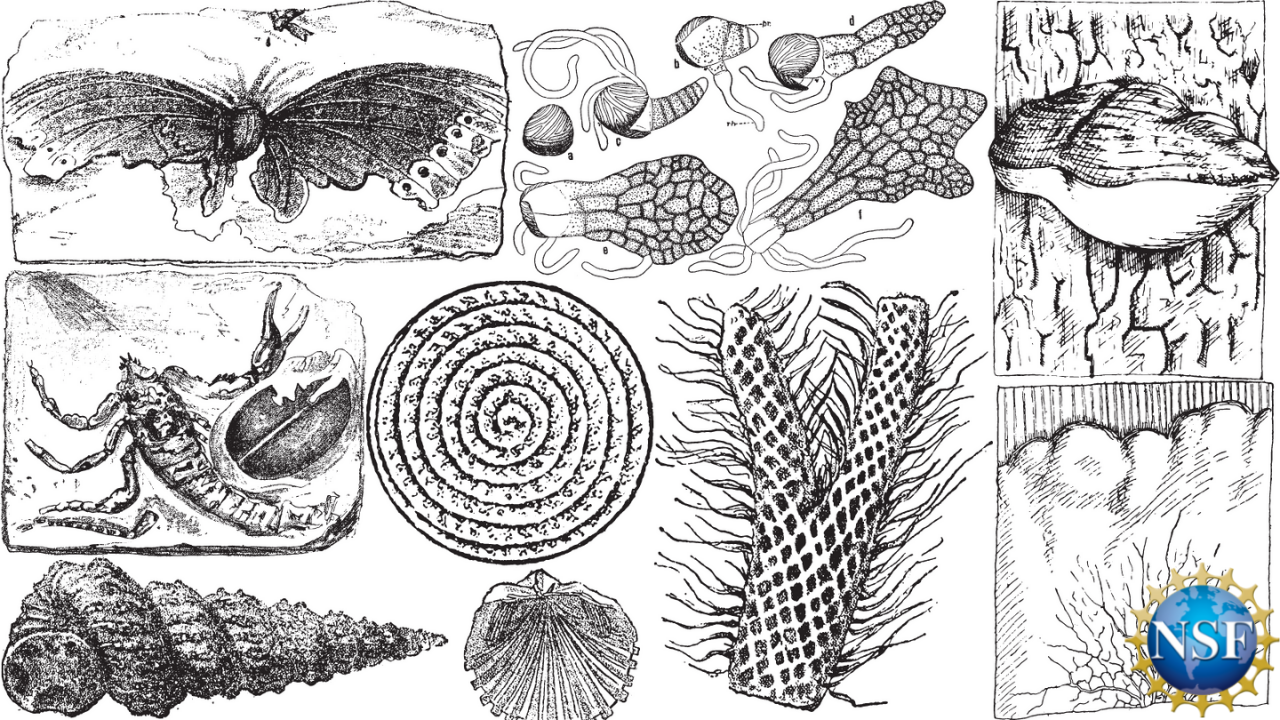
Assessing the impact of culturally competent evolution education

Low acceptance of evolution among undergraduate students remains a challenge and religious beliefs are a major factor that influence student acceptance of evolution. Notably, although national data show that a large percentage of undergraduate students in evolution courses are religious, most college instructors teaching evolution are not. Research suggests that the differences in religious beliefs of instructors and students may lead to instructors teaching evolution in ways that are not culturally inclusive, and this may lead to fewer students accepting evolution. As such, the use of culturally competent evolution instruction has been proposed as a way to improve evolution education. However, despite widespread recommendations for the use of instructional practices that could be considered culturally competent, there is very little systematic evidence for the effectiveness of these practices for increasing acceptance of evolution or creating more inclusive evolution learning environments. In this NSF IUSE project, we aim to develop instruments to deploy in a large-scale national study to systematically measure the impact of culturally competent evolution education on undergraduates learning evolution.
| Truong, J. M., Barnes, M. E., & Brownell, S. E. (2018). Can Six Minutes of Culturally Competent Evolution Education Reduce Students' Level of Perceived Conflict Between Evolution and Religion?. The American Biology Teacher, 80(2), 106-115. DOI: https://doi.org/10.1525/abt.2018.80.2.106 |
| Barnes, M. E., Werner, R., & Brownell, S. E. (2020). Differential Impacts of Religious Cultural Competence on Students' Perceived Conflict with Evolution at an Evangelical University. The American Biology Teacher, 82(2), 93-101. DOI: https://doi.org/10.1525/abt.2020.82.2.93 |
| Barnes, M. E., Elser, J., & Brownell, S. E. (2017). Impact of a Short Evolution Module on Students’ Perceived Conflict between Religion and Evolution. The American Biology Teacher, 79(2), 104-111. DOI: https://doi.org/10.1525/abt.2017.79.2.104 |